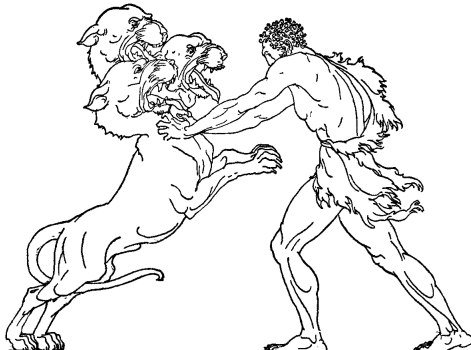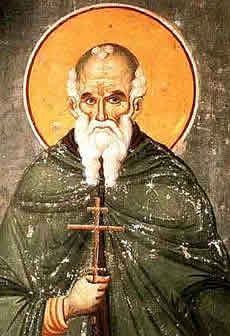Quotes: Lewis Ayres on Pro-Nicene 3rd-4th century trinitarianism

A simple being containing multiple distinct “persons” – D’oh!
Theologian Lewis Ayres is the author of this worthy book. In it, he hammers the point that the Latin vs. Social trinitarian categories aren’t helpful in understanding post-Constantinople trinitarian theology. I think he’s right about that, though I persist in using the terminology because it is helpful for 20th and 21st century theories. Ayres’s book is a wonderful piece of patristic scholarship, but it is also an extended polemic against social trinitarians. Basically, he thinks that what he aptly calls the pro-Nicene tradition has gotten short shrift in recent theological work on the Trinity, and he very helpfully presents the core of that tradition and bats down a great many mis-readings of it. Obviously, he’s sympathetic to this sort of trinity theory, to put it mildly. This will definitely come up when I discuss social theories.
Here I just wanted to pass on a striking quote, which to me spotlights a central problem that many people have with the mainstream classic Latin or Pro-Nicene tradition.Read More »Quotes: Lewis Ayres on Pro-Nicene 3rd-4th century trinitarianism



